Gloria Laura Vanderbilt is an American actress, author, a fashion designer, an artist, a socialite, and an heiress of the Vanderbilt family.
During her childhood, in the 1930’s, Gloria was the subject of the so-called “trial of the century.” Her paternal aunt Gertrude Vanderbilt Whitney got in a highly publicized court battle with Gloria’s mother for the custody of the 10-year-old niece.
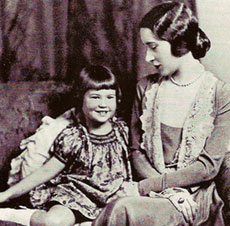
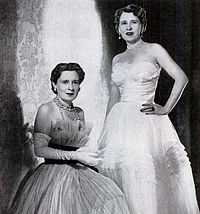
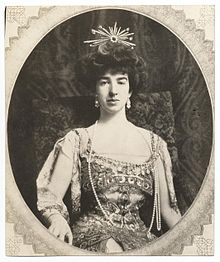
Members of the Vanderbilt family came to believe that Gloria Morgan Vanderbilt, the second wife and widow of Reginald Claypoole Vanderbilt, was a bad influence and neglectful of her daughter. They hired private detectives and family servants to observe the situation at the home of Gloria Vanderbilt and her daughter. In 1934, Gertrude Whitney took the case to court in a battle to win the custody of her niece, Gloria Laura Vanderbilt.24
At the trial, thanks to her spies’ material, Whitney condemned Gloria Vanderbilt for her lifestyle – Whitney made public, scandalous allegations about Vanderbilt’s purported lesbian relationship with Nadezhda de Torby, the Marchioness of Milford Haven. Among the detectives and servants who testified on Mrs. Whitney’s side, there was Laura Morgan who according to the all published accounts, appeared mentally as well as emotionally unstable.
As an “unfit” parent, Vanderbilt lost the custody of her daughter to her sister-in-law, Gertrude Vanderbilt Whitney. She was granted only limited parental rights which allowed her to see her 10-years-old daughter Gloria on the weekends, in New York. Vanderbilt was also removed from her daughter’s $5 million trust fund which was her only source of support. The custody case was re-opened two years later and brought before the Supreme Court of the United States.
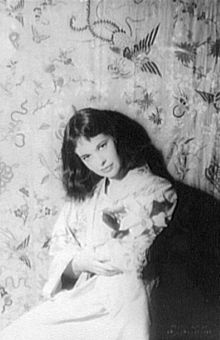
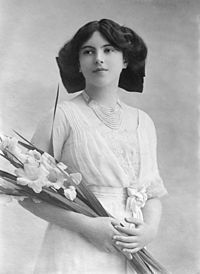

However, the court declined to observe the matter, so once again, the case felt in the hands of the Supreme Court of the State of New York.
Vanderbilt wanted to regain the custody of her daughter, but she was only allowed to spend more time with her than previously granted. In 1946, the 22-years-old Gloria Laura Vanderbilt announced that she wouldn’t be paying her mother the annual allowance of $21,000, stating that her mother was able to work and that she used to do so in the past. Gloria decided to give her mom’s annual allowance as a charity for the blind and starving children.

During the 1970s, the adult Gloria Laura Vanderbilt became known in the world of fashion, perfumes, and household goods that were named after her. She was also famous as one of the early developers of designer blue jeans. She was also publicized for her private life, as she married and divorced several times.
Her first husband was Pat DiCicco, an agent for actors and an alleged mobster. A few weeks after the divorce with DiCicco, Gloria Vanderbilt married the conductor Leopold Stokowski. Her third husband was the director Sidney Lumet while her last was the author Wyatt Emory Cooper with whom she remained until his death in 1978. Together they had their son Anderson Cooper – a CNN television anchor.
